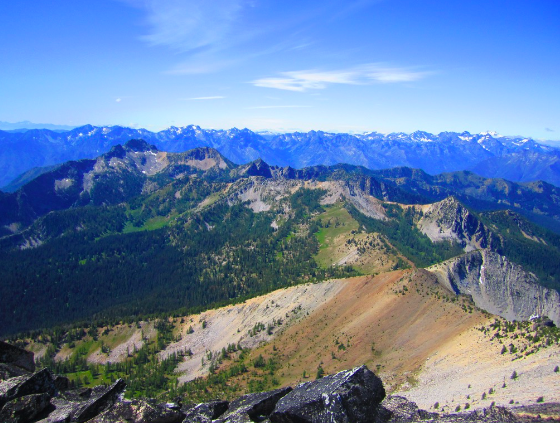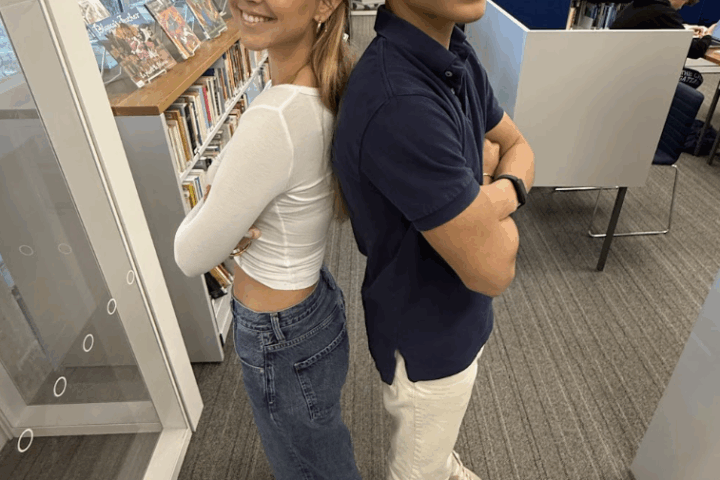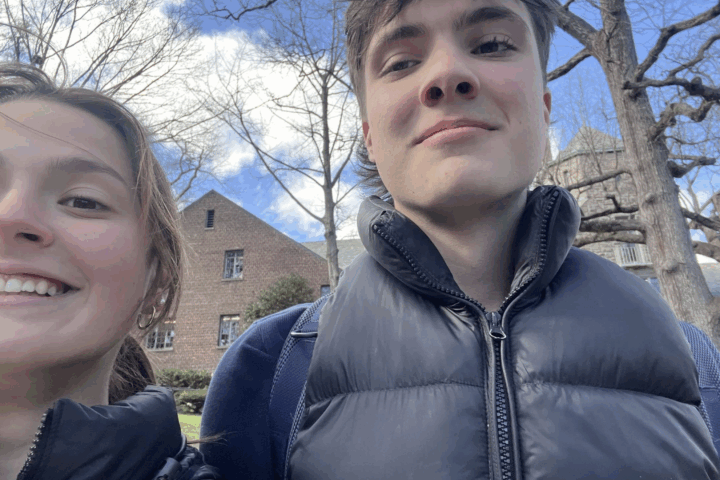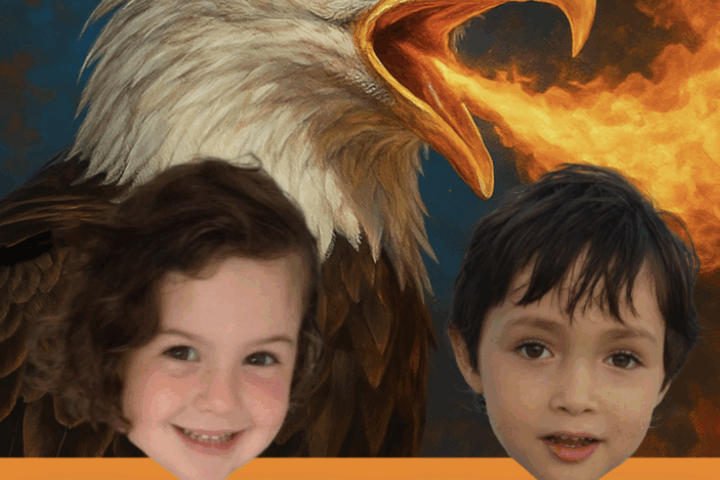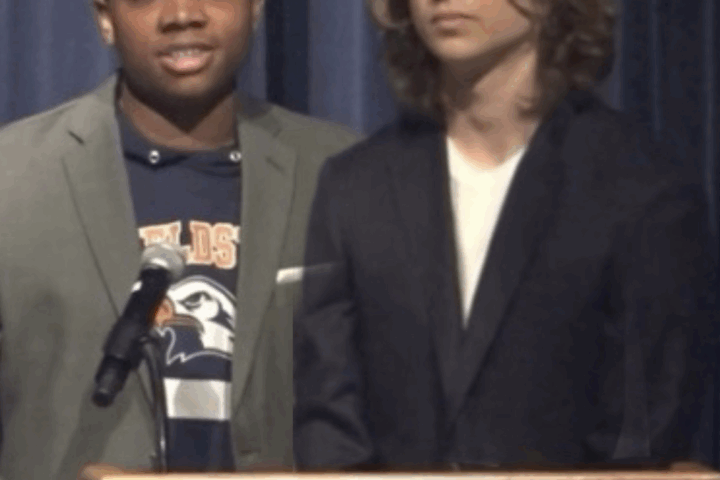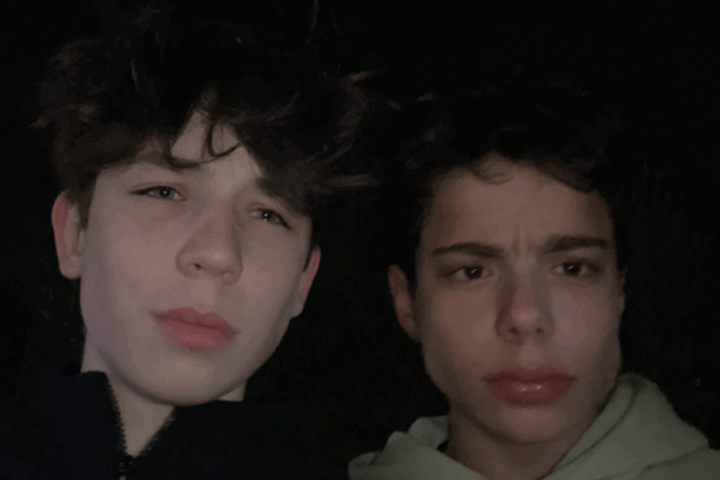Outward Bound’s website is filled with promises of personal growth and character development. Don’t get me wrong, I know that like everyone, I can benefit from some personal growth. But that is not exactly what drew me to their programs. I really picked Outward Bound for the physical challenge, wilderness experience and the new connections that I would take home with me. I did gain all of those things from my experience and returned home with all my hopes for the course fulfilled. But boy, Outward Bound’s promises were really spot-on. Because outside of all of the wilderness skills I gained and physical challenges I endured, I learned a lot about myself and my place in the world. So that was a pleasant surprise.
I learned how to be alone and quiet. This may seem like a weird thing to say, but it’s true. Solo is a point towards the end of every Outward Bound course where the students split up and spend anywhere from a few hours to 72 hours alone. In my case, my Solo lasted for about one and a half days – one night, a full day and a second night. In all honesty, I wasn’t really looking forward to Solo. After already camping with the group for ten days, I wasn’t too scared to camp by myself, but I simply thought being alone for over a day seemed boring and a little excessive. It was boring, but it was also really eye-opening. Growing up with two siblings, both of whom are definitely extroverts, silence is rare. Even if you don’t have two extroverted siblings, I think most people in their life have never experienced pure silence or solitude. On my Solo, the noise and chaos of life were non-existent. I felt as if I was living in my natural element: without technology, responsibilities and interactions. The isolation felt slightly uncomfortable at first, but I learned to embrace it and most importantly, gained the rare human experience of being completely alone and in my own thoughts without any distractions.
When asked the question, “what are three words you would use to describe yourself” during icebreakers or on applications, I frequently use the word creative. However, I had never really thought about my need for a creative outlet before. About halfway through the course, the instructor assigned me the role of journalist. Each student had a role each day, and the role of journalist meant I would take photos on our group camera and write or draw something in the group journal to be shared at evening meetings. I was excited about this role but ended up enjoying it more than I could have imagined. I had been backpacking in the Middle of Nowhere, Washington for days now and the days had a pretty consistent schedule, the main activity always being the same: hiking. I hadn’t read, drawn, played the piano, or even written in almost a week. I promised myself I would journal every day, but I didn’t even have time for that. When I was assigned the role of a journalist, I flew into the role with lots of excitement. That night at evening meeting, I shared a silly and comedic, if I may say so myself, poem and a very poorly drawn sketch of the group backpacking in the rain. The other students noticed how fitting the role was for me and how much joy it brought me that they nominated me designated journalist for the remainder of the course.
Lastly, I saw how “where we are” shapes our experiences and perspectives. On the very first day of the course, one of the first interactions with the other students was going around in a circle and saying our name, age, where we are from, and our pronouns. This one kid said, “my name is Justin, I’m fifteen, I’m from New Orleans, and I don’t have pronouns.” Another student chuckled, but no one said anything, including the instructors. We just moved on to the next student. My immediate assumption was that he was being disrespectful, trying to be funny, making fun of pronouns. However later at dinner, he said something that really surprised me. He explained to the group that he doesn’t really know what pronouns are, including what his pronouns are. While introducing yourself at Fieldston with your name and pronouns at some schools is customary, it wasn’t at his school. He said he had heard of pronouns before, in the way they are used today, but mostly in the circumstance where his friends or people around him were more or less mocking the concept. Even though he had heard it being made fun of, he didn’t know what pronouns were and what they can mean to many people. Pronouns, which are discussed in STS and other spaces at Fieldston, that are important to so many members of our community and come up daily, are never discussed at Justin’s school and are consequently fun of. More importantly, the people around him that introduce themselves with their pronouns or whose pronouns mean something to them, are disrespected and mocked.
My experience at Outward Bound consisted of things I wouldn’t have been able to experience or learn at Fieldston and in my day-to-day life. I realized that sometimes we can’t learn things about both ourselves and the world when we are constantly in our comfort zone.

